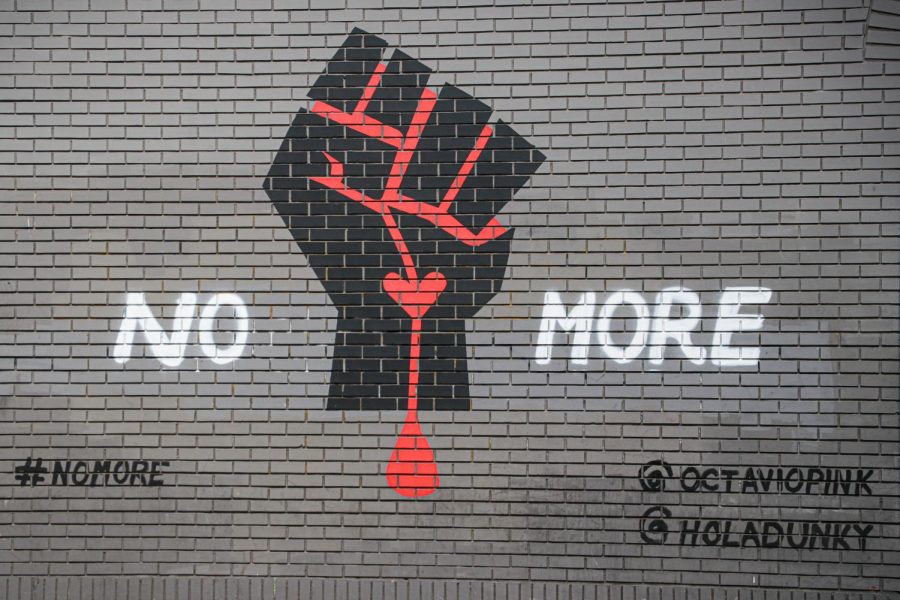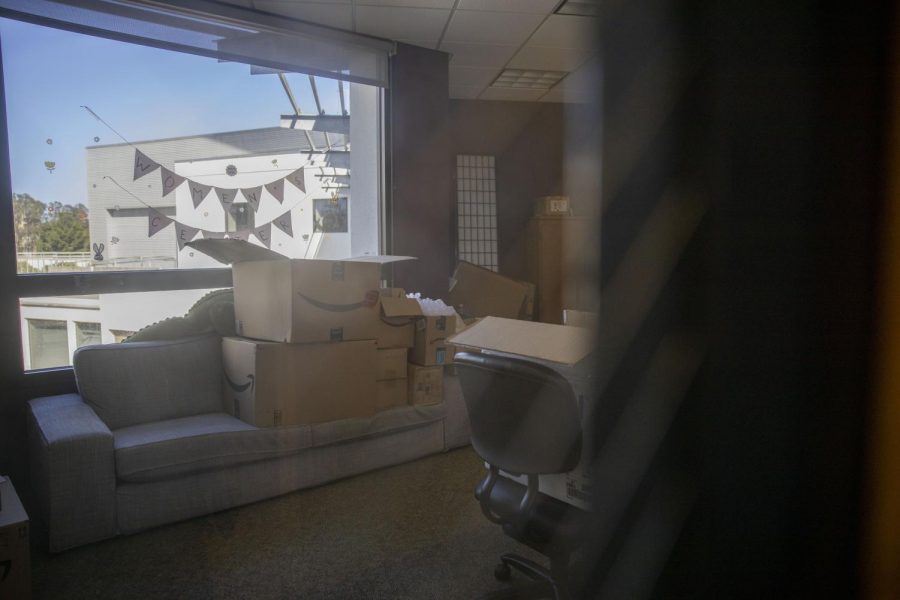Trump is threatening to derail Caltrain’s 2-year-old project to create an electrical train corridor from San Francisco to San Jose, as the fight for California’s future rail system continues.
Trump’s decision, lobbied by California GOP house representatives, will push back federal funding for the project until after President Trump has approved the 2018 fiscal budget.
The loss of funding comes in the form of the Trump administration putting a deferment on the Full Funding Grant Agreement the federal government promised for the Peninsula Corridor Electrification Project.
“Caltrain is in jeopardy of losing $647 million in federal funding to continue with our Electrification Project,” said Caltrain Communications Officer Tasha Bartholomew.
“Any delay would result in costly penalties and cost increases that may threaten the viability of the project,” according to a statement issued earlier this month by Caltrain that made the costs clear.
The PCEP goal is to replace existing lines and trains currently running on a diesel system with those on a new electrical system. This transition would speed up the Bay Area’s commute, assisting both students and workers who travel throughout the Bay.
These refits would decrease breakdowns. City-wide delays are pressing for commuters such as Emma Mundorff, an english student at SFSU.
“Using public transportation as a student is pretty nerve-wracking,” said Mundorff. “I usually leave from home an hour earlier than I really need to, just to have a cushion of extra time in case something goes wrong.”
According to Caltrain’s environmental assessment in their project layout, electrification of trains would create far less pollution and a cleaner air environment for California.
“The vast majority of Caltrain’s current fleet is over 30 years old and needs replacing. Many of the diesel locomotives are past their expected retirement dates, which can result in significant mechanical delays to the system,” according to Caltrain’s project description.
Those replacements remain on hold until financial decisions can be made. Federal funding makes up $953 million of the $2 billion budget project. If that funding is removed and penalties are assessed, the PCEP train may never leave the station.
President Trump’s position on the PCEP and future high-speed rail projects is not clear. However, he has been an avid supporter of creating more jobs in America and the PCEP would do just that. Caltrain Chief Communications Officer Seamus Murphy reiterated that claim in a recent statement.
“We are poised to deliver mobility benefits that the region has been anticipating for over two decades, and across the country, workers are anticipating the thousands of jobs that this project will create,” said Murphy.
An estimated 9,600 jobs are expected to be created by Caltrain to facilitate this project. Those jobs would benefit Californian workers as well people in Utah, Virginia and Pennsylvania where factories will be utilized to build trains and tracks.
Caltrain has filed a petition in hopes of bringing awareness to the Bay Area’s transportation issue. If successful, the request for funds originally determined necessary to complete the project will be on the president’s desk by March 20. The Caltrain petition has obtained roughly 7,200 of the 100,000 required signatures.
Caltrain representatives hope the petition will remind President Trump of his campaign promise to create jobs.
“Mr. Trump, you have said infrastructure and jobs will be a keystone of your administration. When you spoke with Silicon Valley leaders you praised their innovation and said ‘anything we can do to help this go along, we’re going to be there for you,’” says the petition.
The White House relationship with California has been tense under the new administration. The PCEP may be yet another conflict for state and federal government to clash over. Murphy is still confident that the funding will get to Caltrain on time.
“Caltrain is thankful for the hundreds of riders, employers and communities that have expressed support for the project. We will continue to work with our Congressional delegation, stakeholders and funding partners to support whatever actions are needed to provide our communities with the transit system they deserve,” said Murphy in a statement.





